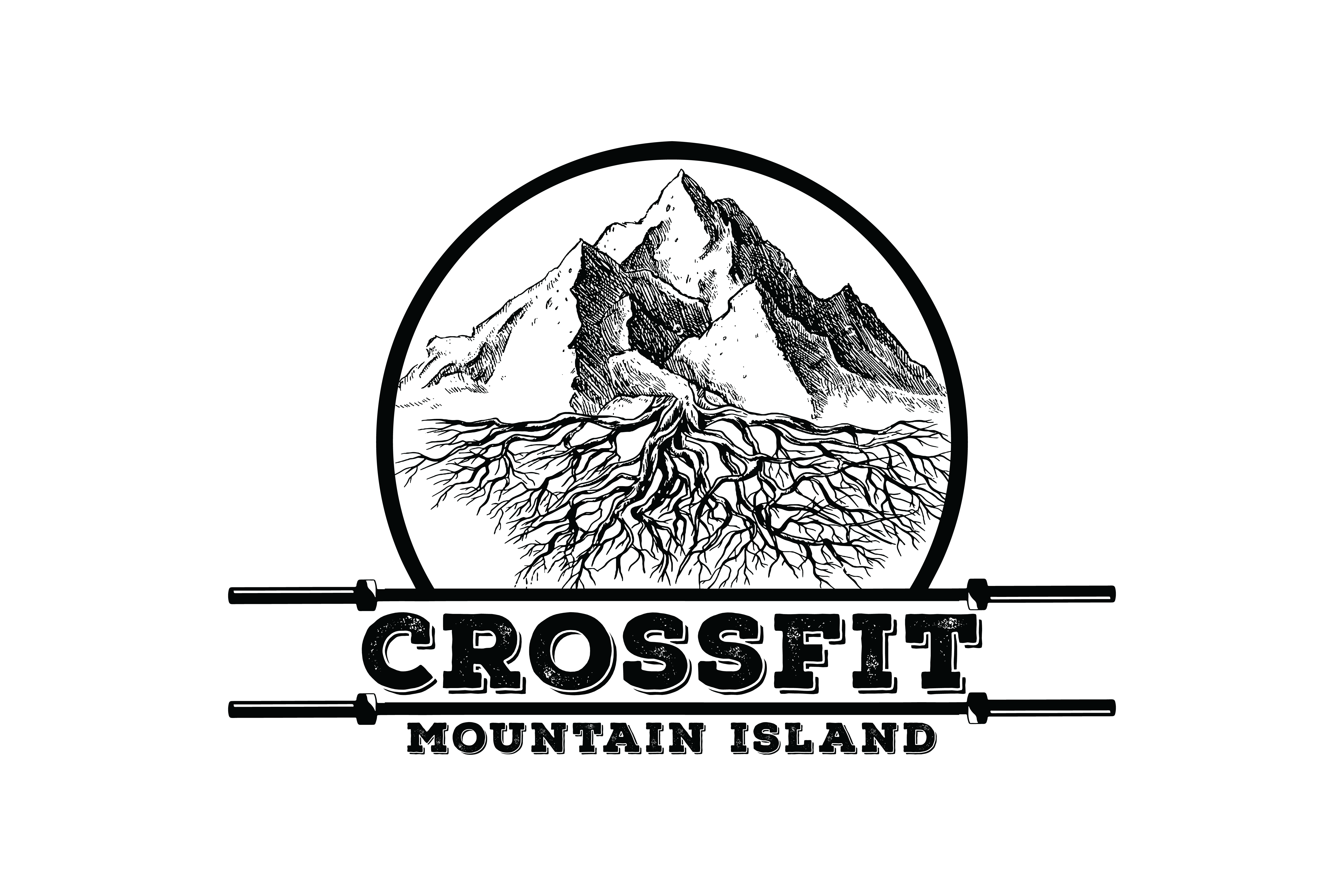You may have heard that the macronutrient “protein” are the building blocks of muscle. This is true, protein help muscles to repair and recover. Protein is also a building block of the body (next time you hear your coach use the analogy of protein after a workout to supplying your general contractor with wood to build a house, you’ll know we’re serious!)
Nearly all chemical reactions happening inside of your body require molecules called enzymes (another word for protein) to occur. While the body is efficient at making enzymes, it still needs a daily replenishment of proteins because of how often and in how many different ways your body uses them. We can store fat in the body. We can store carbohydrates in the body. However, we do not typically store protein. As soon as we consume and digest protein, it gets used for whatever it needs to be used for (building muscle, managing hormones, creating skin, nails and hair, and revitalizing your bones, tendons, ligaments and even your blood).
The Recommended Dietary Allowance (RDA) for protein is only 0.8 grams of protein per kilogram of body weight (1 kilogram = 2.2 pounds). This roughly translates to 0.36 grams per pound of bodyweight (72g for a 200lb man or 54g for a 150lb woman). This is actually a very small amount. Although, it is important to note that this is a baseline. It is equivalent to the bare minimum of protein requirements. This equates to only about 10% of our overall daily energy requirements (if you consume 2,000 calories a day, that’s only 200 cals or 50g of protein as the bare minimum). That isn’t very much.
Typically you want protein intake to be anywhere between 20-30%. We recommended 30% of your diet consists of protein (if you eat 2,000 cals a day, that means 600 cals comes from lean protein. That equates to 150g). The reason being that exercise causes a lot of stress on the body. That is a good thing, it’s exactly what we WANT to happen. Stress causes the body to adapt, which gets us the abs that we want. Typically the more active you are, the more protein you will need to prevent injuries and get the most out of your workouts. If you deal with chronic aches and pains, it would benefit you to take a look at how much protein you’re getting in a day (we recommend the app MyFitnessPal).
Getting 30% protein per day can be difficult. It is the main reason why we recommended to supplement with protein powder. It not only helps you to recover better, but it also helps you reach your daily protein intake. Supplements have been around for decades, but have recently become more popular. It is important to note that the supplement industry is not regulated. This means that anyone can start producing supplements and they can put anything they want in the bottle with very little oversight.
There are a few standards that set supplements apart. The first is to look for a GMP stamp. This means the product was made and tested in a FDA approved facility. Another thing you can look for is “Informed Choice Certified” stamp. This means the product has to go under testing to be allowed to be taken by athletes. This is to make sure there are no performance enhancing substances in the products.
Ascent Protein powder is Informed Choice Certified. It also only contains 6 ingredients. All which you can pronounce and know what they are (this is a rule that we teach our nutrition clients). This is important for supplements and even when buying your food. It is also free from any artificial ingredients and colors. It does not feature any fillers either. These are all important qualities to look for in a protein powder and other supplements as well. There have been studies showing possible harmful effects of consuming artificial sweeteners, colors, and fillers. Whey protein is one of the best protein powders to consume because of its relatively high protein content and its full amino acid profile. On a side note however, whey protein is derived from milk and should not be consumed if you have a lactose allergy. Some Whey protein isolates are 99.5% lactose free and may be able to be consumed if you are lactose intolerant.
You should consider using a protein supplement if you have a goal of losing body fat OR gaining muscle, but struggle to get enough protein in through meat consumption in your diet. We recommend a whey protein immediately after your workout if possible, paired with your favorite fruit. Before bed we suggest using a casein protein because it digests more slowly, and helps to keep your metabolism functioning at a higher rate as you sleep. Casein can also be very beneficial for improved recovery and muscle tone.
If you’re not sure about your supplements, give us a shout. We’ll be happy to help clarify any questions you have.
cfmountainisland@gmail.com
In Health,
Coach Doug & Coach Coty



